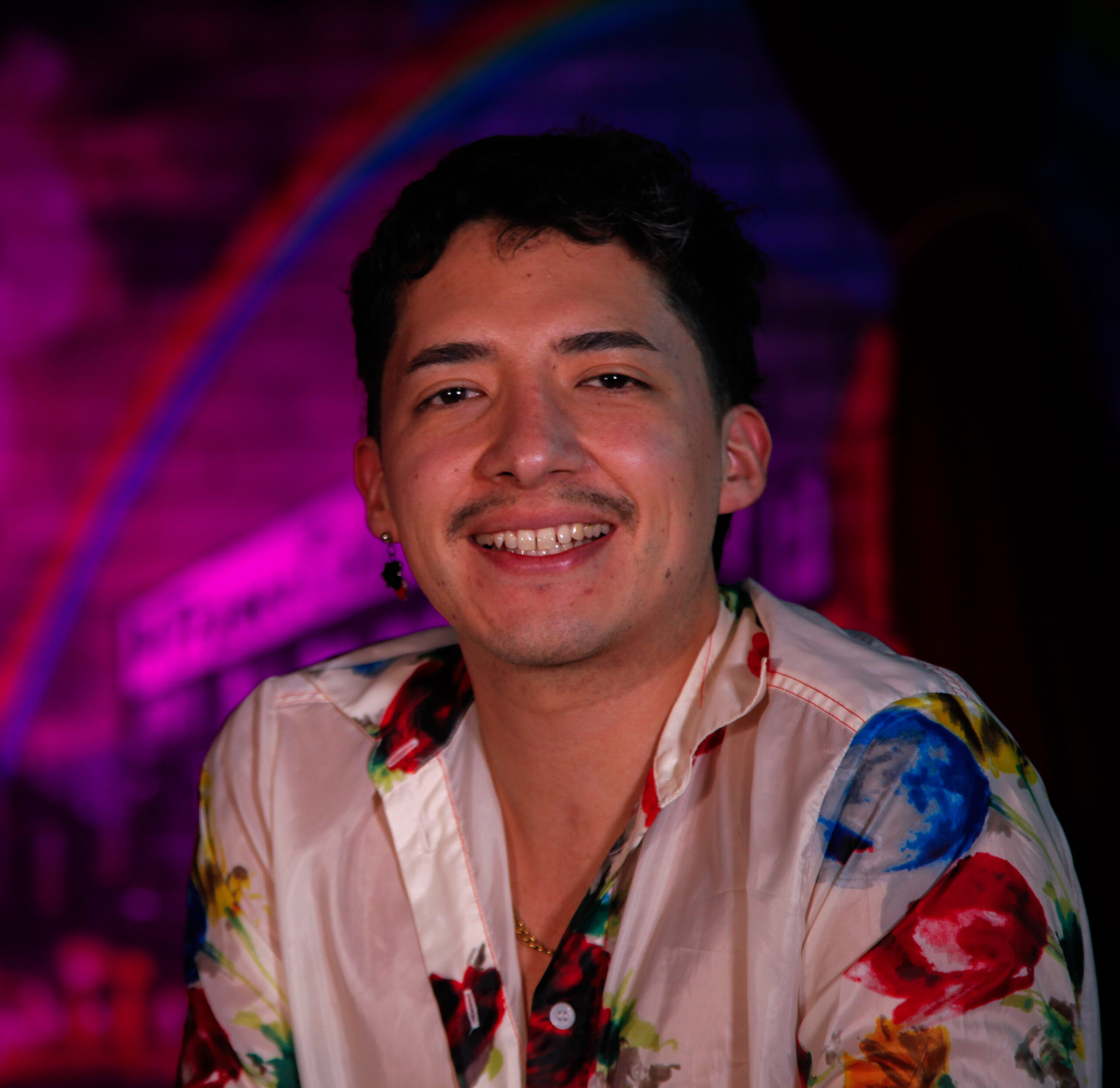Carlos | Footscray | Chile
Discover Carlos’s journey of resilience and self-discovery as he navigates the complexities of identity and mental health across continents. From overcoming cultural barriers in therapy to finding solace in cycling and queer spaces, Carlos’s story is a powerful testament to the strength of the human spirit and the importance of staying true to oneself
Watch
Read Carlos' Story
0:02
My name is Carlos, and I speak Spanish and English. Regarding my family and how I grew up, I am the middle child of three kids. I have an older sister who is eight years older, and a younger brother who is two years younger. I was born in a very small town in northern Chile, a mining town with a mining population. It was like a city, a little masculine and macho. I come from a family with humble beginnings. I grew up seeing my parents working hard, and I think I adopted this idea of earning things, trying hard, and working hard to achieve the things you want.
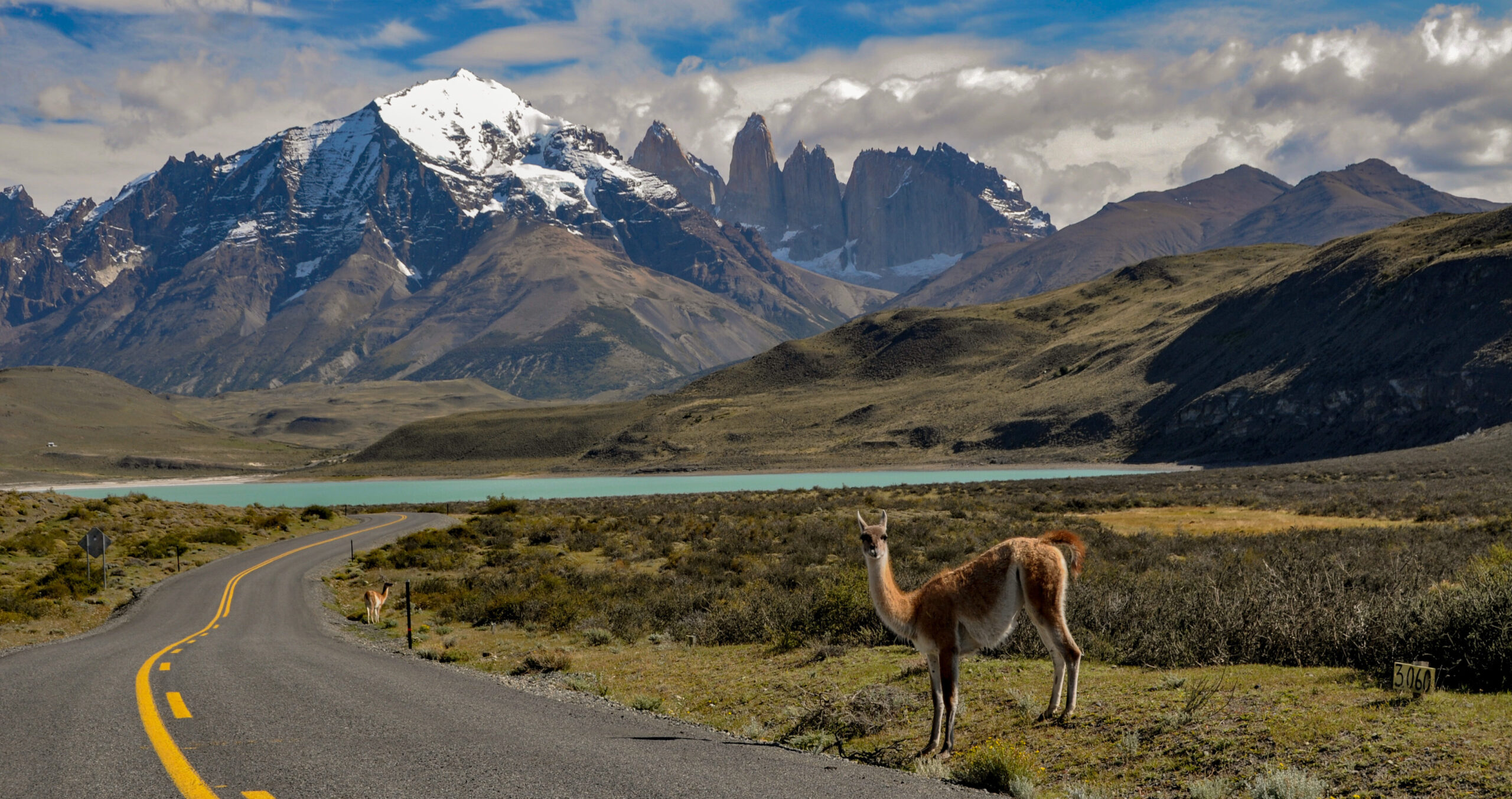
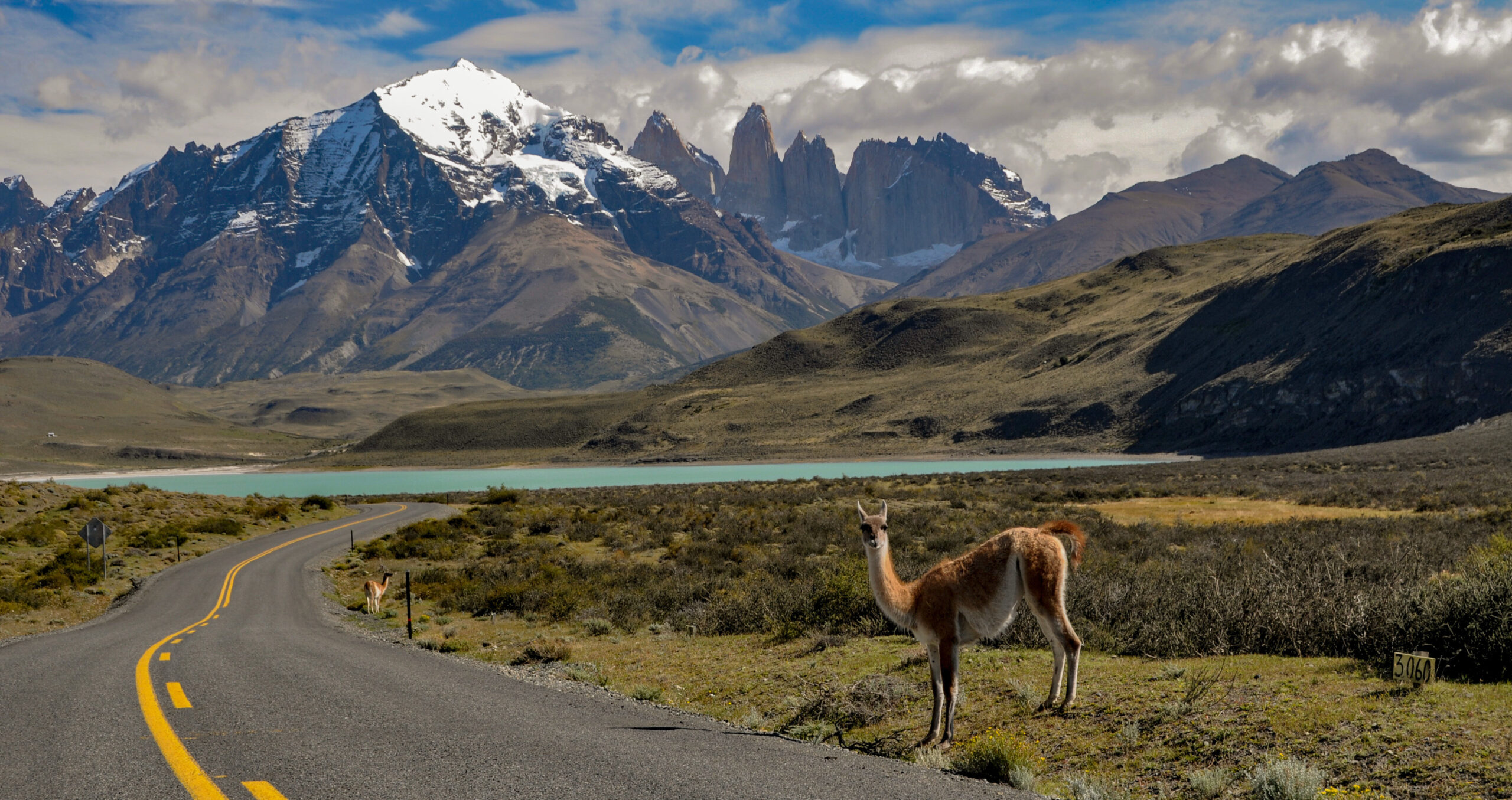
I grew up with the fear of losing my loved ones if they found out who I really was.
I’ve been living in Australia for four years now, and the hardest part has been learning to live without my family. The fact that what it meant to be queer wasn’t discussed, I don’t know if it affected my mental health, but it did affect my self-esteem. Not feeling valid, not feeling like I had worth as who I was made me question my existence and whether what people felt for me, the relationships I had, depended on who I pretended to be.
I grew up with the fear of losing my loved ones if they found out who I really was.
I was conditioned to only reach out when I was on the verge of losing everything.
Growing up in a very sexist mining town affected my self-esteem because I never knew anyone who was proudly out and queer. The people I saw were victims of bullying, had very low self-esteem, or did poorly in school. I never saw myself represented in anyone, and that made me feel like I didn’t belong. It also made me doubt the people I was surrounded by because I didn’t know if they loved me for who I pretended to be or for who I truly am.
When we talk about access to mental health, there are two factors that I believe need to be considered. One is whether people are willing to seek help. In my own case, I grew up surrounded by people I care about very much, who all had difficulties at some point, and I think that those people always reached their limit before asking for help. That conditioned me to also not ask for help at first, but rather only when I was on the verge of losing everything.
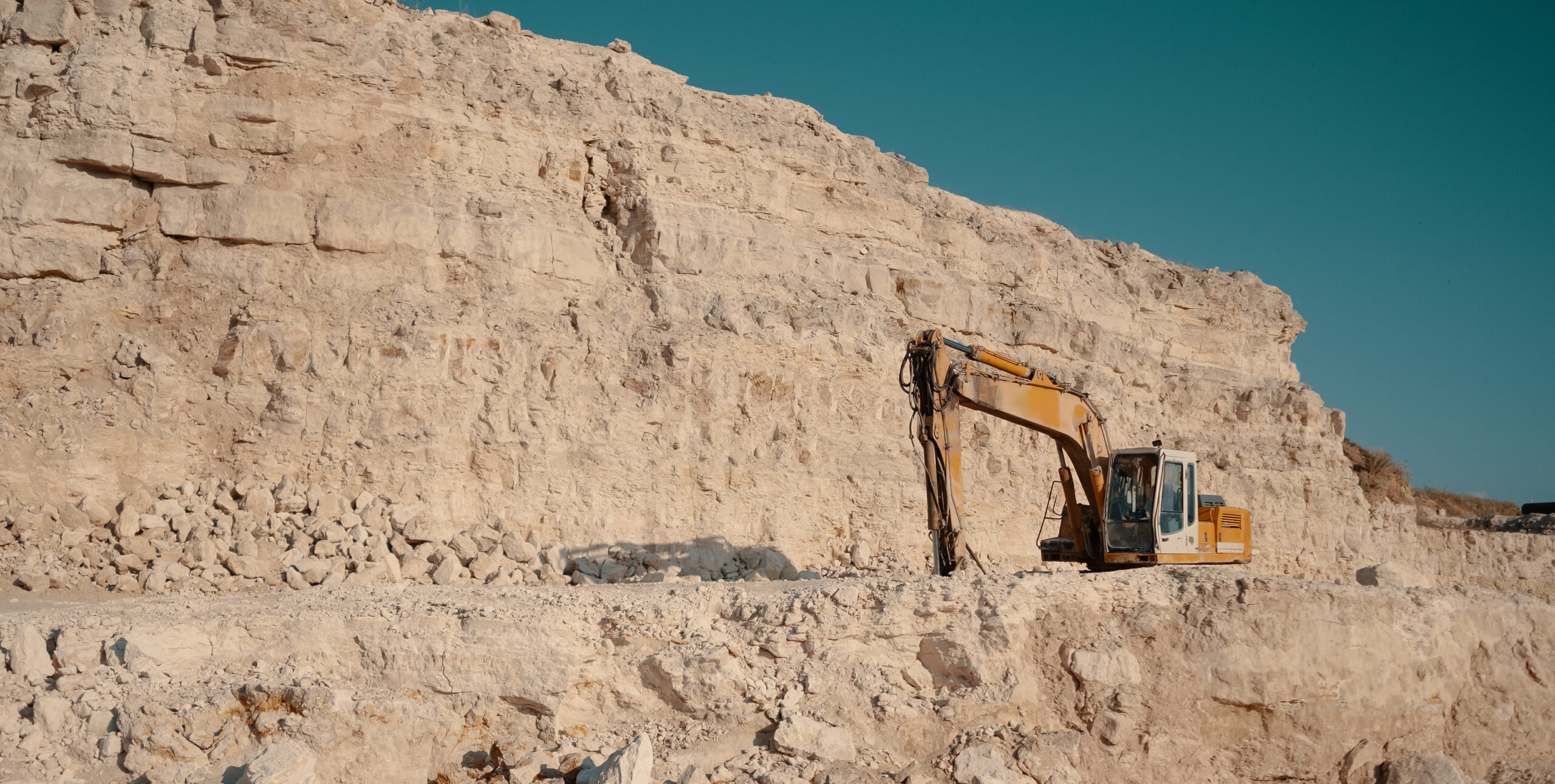
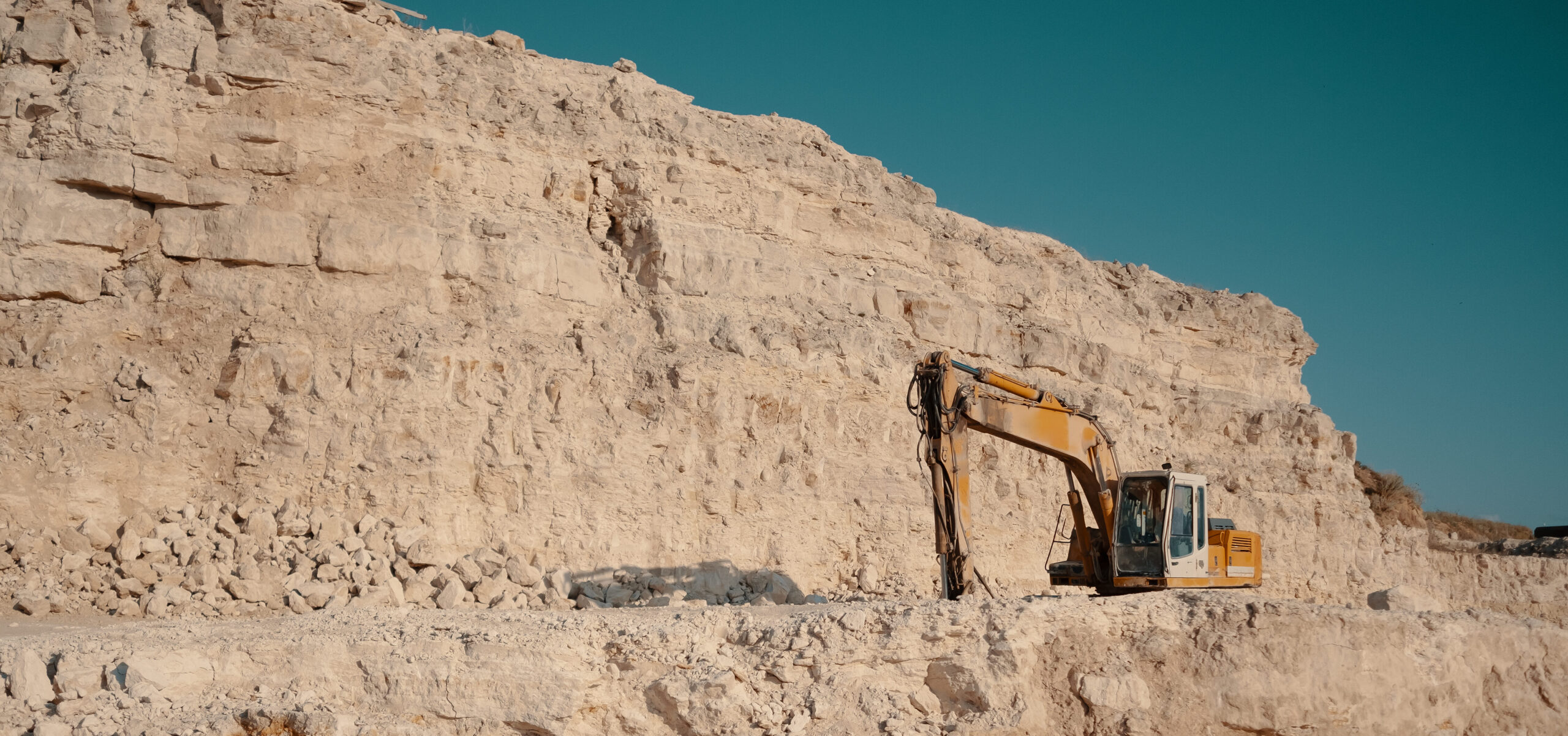
When we talk about access to mental health, there are two factors that I believe need to be considered. One is whether people are willing to seek help. In my own case, I grew up surrounded by people I care about very much, who all had difficulties at some point, and I think that those people always reached their limit before asking for help. That conditioned me to also not ask for help at first, but rather only when I was on the verge of losing everything.
The other affecting factor is the socioeconomic issue. In Chile, mental health, like healthcare in general, is a business, and if you don’t have access to good specialists, unfortunately, taking care of your mental health is not an option. So, there’s the social issue, the economic issue, and I believe that not only in Chile but also in South America, it’s a privilege to be able to talk about mental health.
The cultural aspects that I bring from Latin America that help my mental health are my connection to family and friendship. The way we relate is very close, very touch-oriented, it’s about hugging, touching, talking a lot, and I feel like that helps me a lot with my mental health. Whenever I need to, I can turn to my friends or family and talk for hours if necessary. That’s something I haven’t seen here, and it’s something I really value and can always count on my family or friends for.
at first, we didn't notice that it was a cult we were getting involved in
Among the many things my family did to improve our mental health, we started going to a prayer group, which turned out to be a cult where we had a spiritual guide who was really only after money. Yes, this person had a lot of knowledge, and I feel that he helped me a lot in a way, and I also saw how my family benefited from it. I think that’s why, at first, we didn’t notice that it was a cult we were getting involved in. But managing to get out of there was complicated because you relate to people who are very vulnerable, and you create strong bonds with people that you also don’t want to leave behind.
I left that cult because I felt like I was being discriminated against for being gay. I remember they told me they could ‘heal me,’ and for me, that was the red flag that made me realize what was happening. The fact of having been in a cult is not something that I find easy to share because I felt like an idiot for having fallen into those traps that are everywhere in the world. Feeling like a victim of that and not having been smart enough also affects your self-esteem a bit.
Obviously, now I can talk about it without shame because I understand the circumstances and why it all happened, but I do empathize a lot with people who have gone through similar things, and I’m also happy to have been able to get out of that.
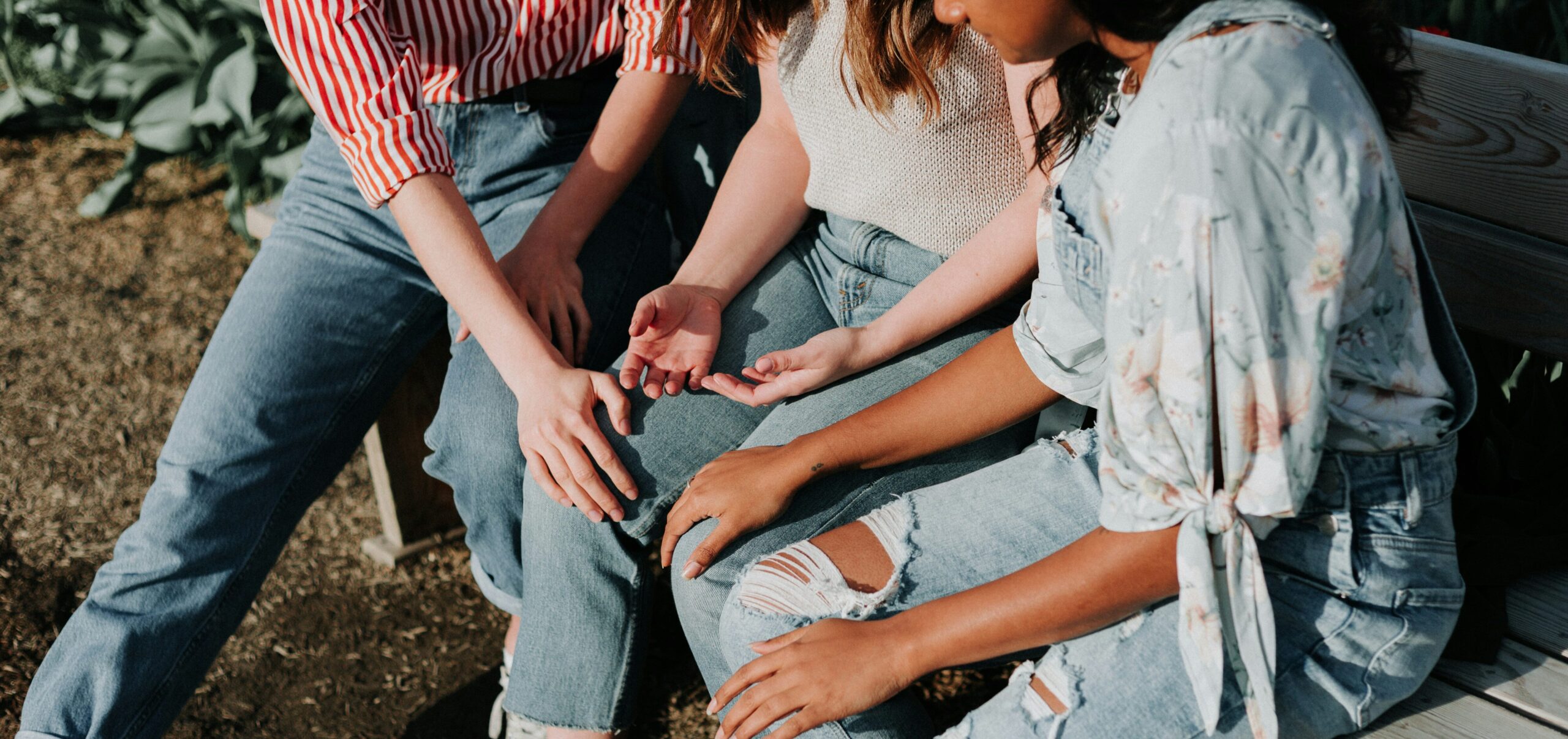
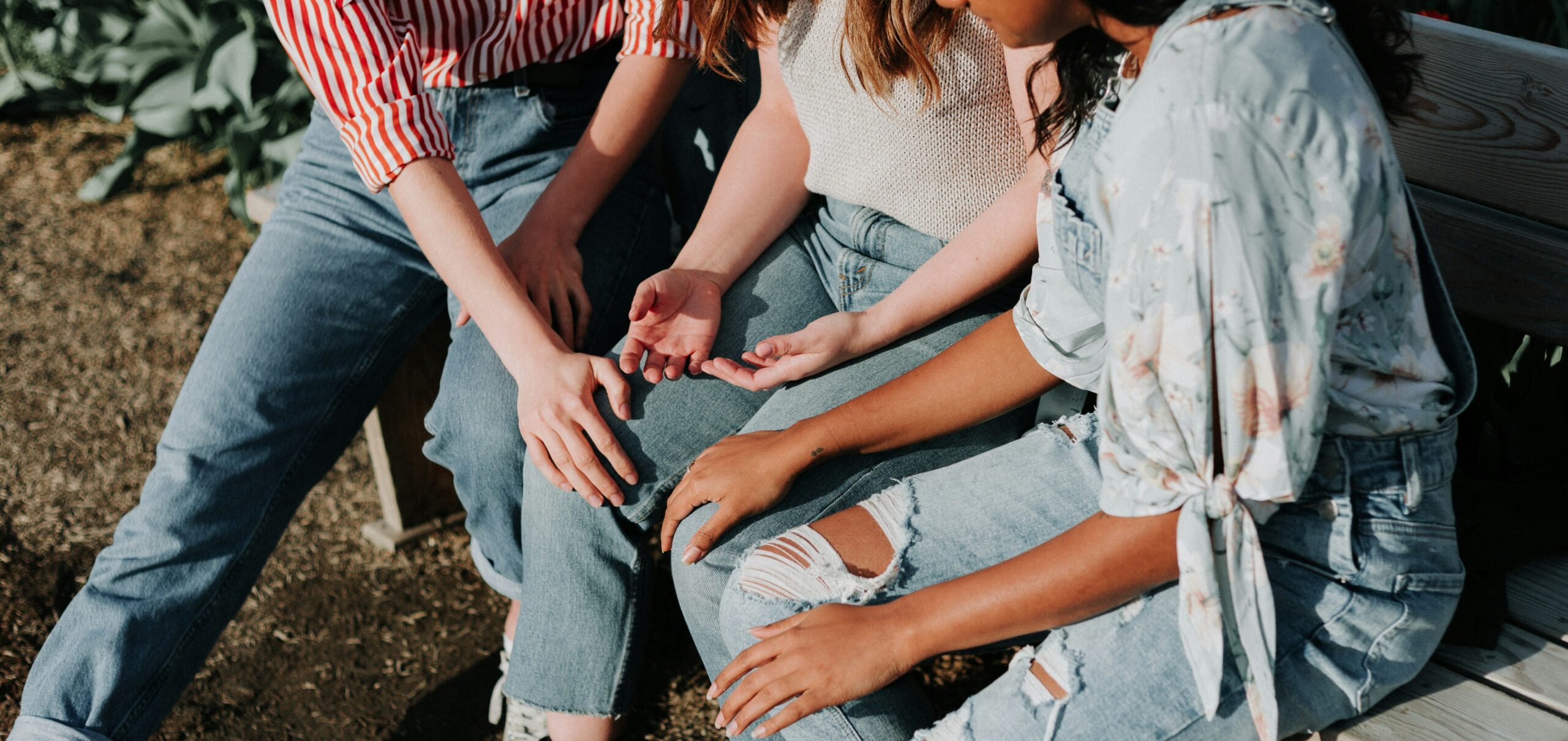
When I was diagnosed with HIV, it was the first time I went to a psychologist here in Australia. This was a service provided in English, and it was my first experience going to a psychologist in English. While I didn’t have to worry about the expenses or administrative issues, it was very difficult for me to talk about what I was going through in English. I felt that a lot of the energy I was investing in the sessions was spent explaining my culture and expressing myself in ways that I find much easier in Spanish.
Spanish has many more words to express love or other emotions compared to English.
Yes, I feel like it helped me, but I also missed the part of being able to speak in Spanish, where I didn’t have to explain things or worry about what a word was in English, but could rather have a free-flowing conversation. Speaking in two languages also affects your personality at times. I’m a bit colder in English than in Spanish, and I think it’s something not purely linguistic, but more cultural, like it’s ingrained in the language—I don’t know.
When I first spoke in English, my English was good, more or less, but I struggled to find words. However, once I got used to thinking or dreaming in English, I felt like it wasn’t a barrier anymore.
I did find, however, that it was more difficult to talk about emotions, and looking into it, I’ve realized that Spanish has many more words to express love or other emotions compared to English.
Obviously, things can get lost in translation, and the literal translation isn’t always the one that fits. In the middle of a discussion or when you’re opening your heart, you don’t have time to make these distinctions, and that’s when these communication challenges become complicated. But I believe that with patience, it can be resolved.
I’m a person who moves a lot. I’m very calm, but I have a lot of energy, and I’m always doing things. I’ve noticed that being active helps my mental health, especially when I’m waiting for a response or feeling anxious. The only thing that helps me calm my mind sometimes is doing physical activity, and my favourite thing to do is ride my bike. I don’t remember when I started riding a bike, but it has been my means of transportation for many, many years. It’s something that really helps me stay present, in a way, being in contact with nature, feeling the wind on my face. The idea that if you stop moving, you fall off a bike is something I keep in my head when I’m riding.
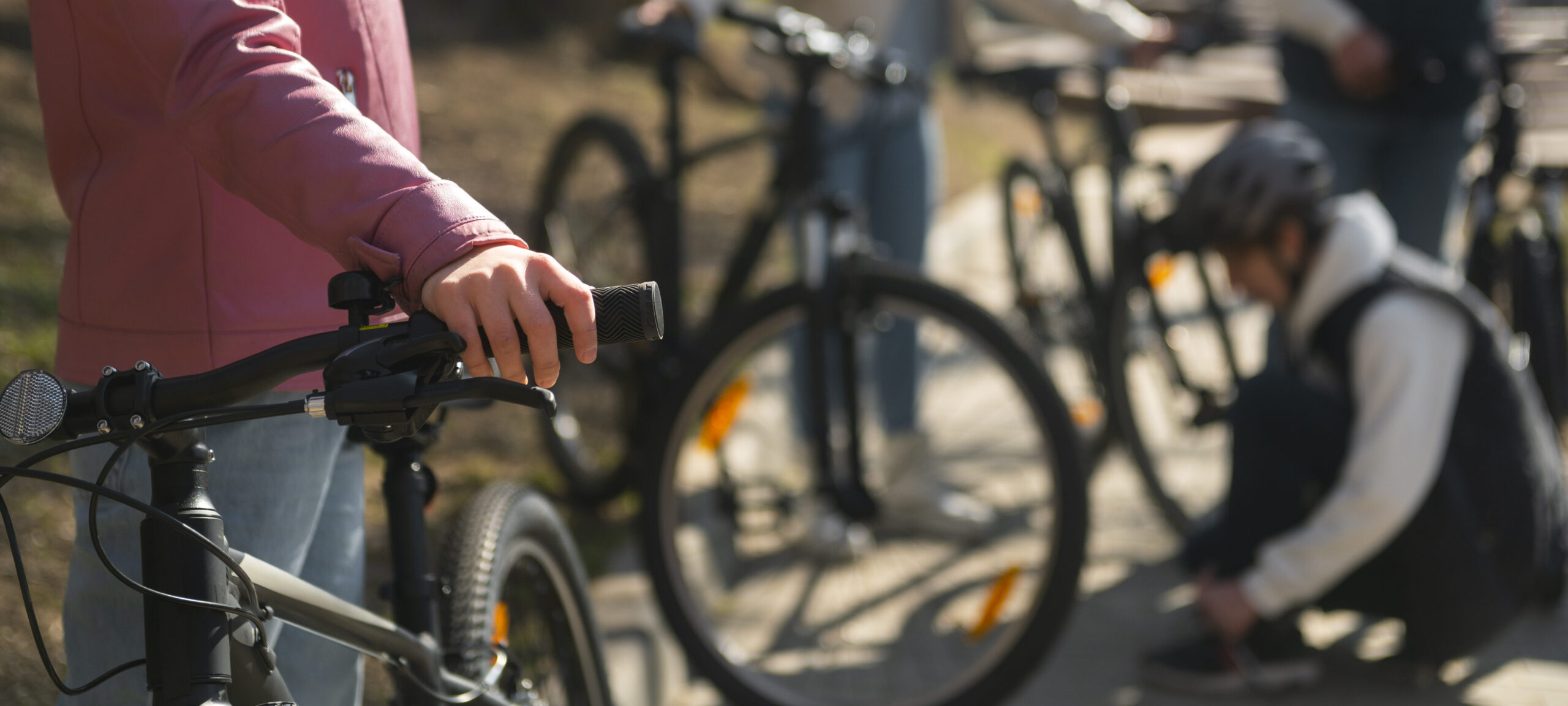
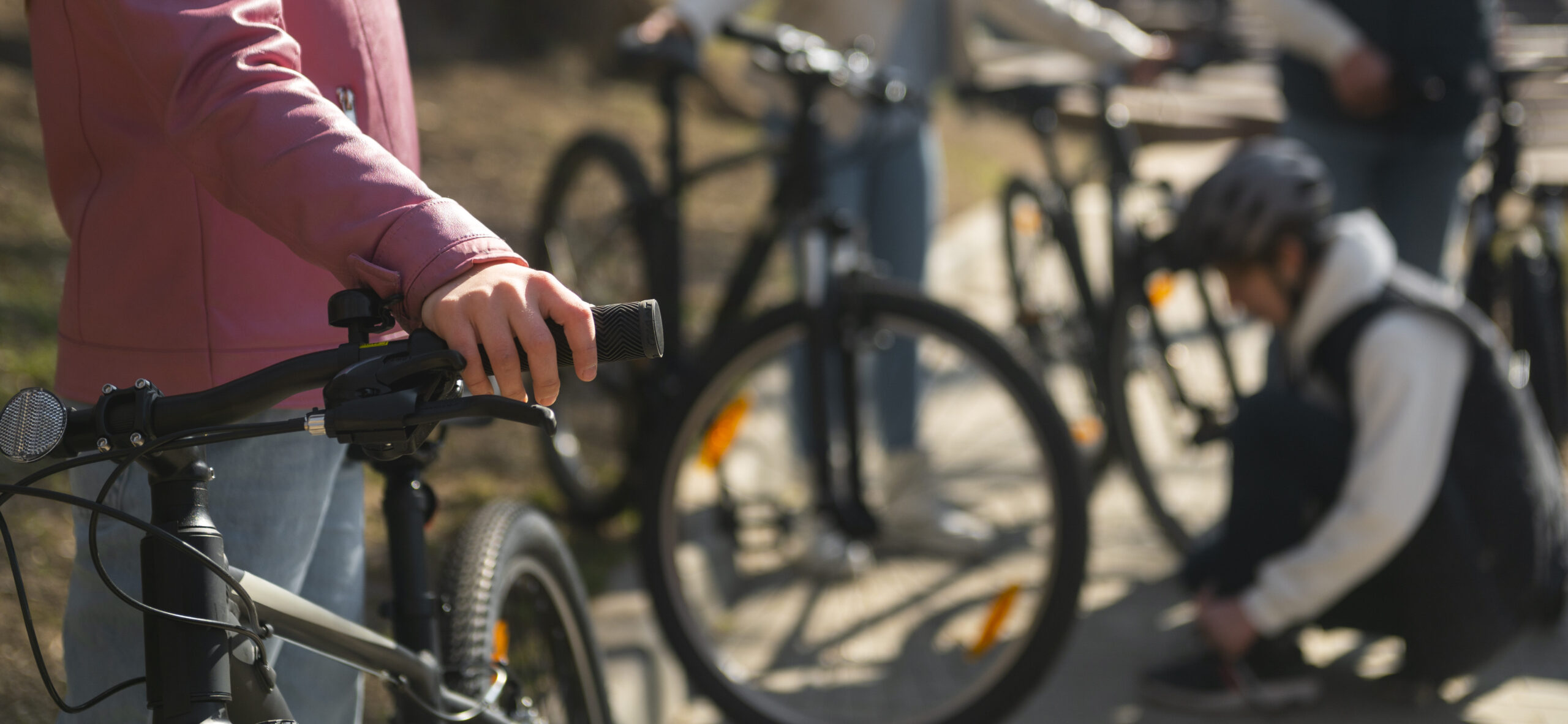
While there are other physical activities, I do that also help me, I use my bike every day. It has an impact financially, economically, and environmentally; it helps me in many ways, but essentially, for my mental health, it’s the moment when I’m with myself. Many times, I forget that I’m riding a bike, but it helps me a lot. I can’t imagine life without my bike.
Another aspect I find important for mental health is our social environment—who we hang out with, who listens to us, who is there in both good and bad times. I’ve found many friends, people I love, in the queer community. Like today, we’re at one of my favourite bars here in Melbourne, Pride of Our Footscray, and I feel welcome in these spaces because they are safe, there are people like me, and I like the music. Finding a place where you can go and find people like you makes you feel less alone. You all dance together even if you don’t know anyone. That’s why I like to come with friends to places like this.
What I hope for my mental health in the future is that it remains as strong as ever. I think of myself as a resilient person; every time I have faced new challenges in life, I have surprised myself with how well I have dealt with them, and I hope that continues. I know life is not always easy, that bad things may happen in the future, but I hope to maintain a positive attitude.
Listen
Carlos | Footscray | Chile
Descubre el viaje de Carlos hacia la resiliencia y el autoconocimiento mientras navega por las complejidades de la identidad y la salud mental a través de continentes. Desde superar barreras culturales en la terapia hasta encontrar consuelo en el ciclismo y espacios queer, la historia de Carlos es un poderoso testimonio de la fortaleza del espíritu humano y la importancia de mantenerse fiel a uno mismo.
Ver
Leer la historia de Carlos
0:02
Mi nombre es Carlos, y hablo español e inglés. Respecto a mi familia y cómo crecí, yo soy el hijo del medio de tres hermanos. Tengo una hermana mayor de ocho años y un hermano menor por dos años. Nací en un pueblo muy pequeño al norte de Chile, un pueblo minero con una población minera. Es una ciudad un poco masculina y machista. Vengo de una familia humilde, y crecí viendo a mis padres trabajar duro. Creo que adopté la idea de ganarse las cosas, esforzarse y trabajar duro por conseguir lo que uno quiere.
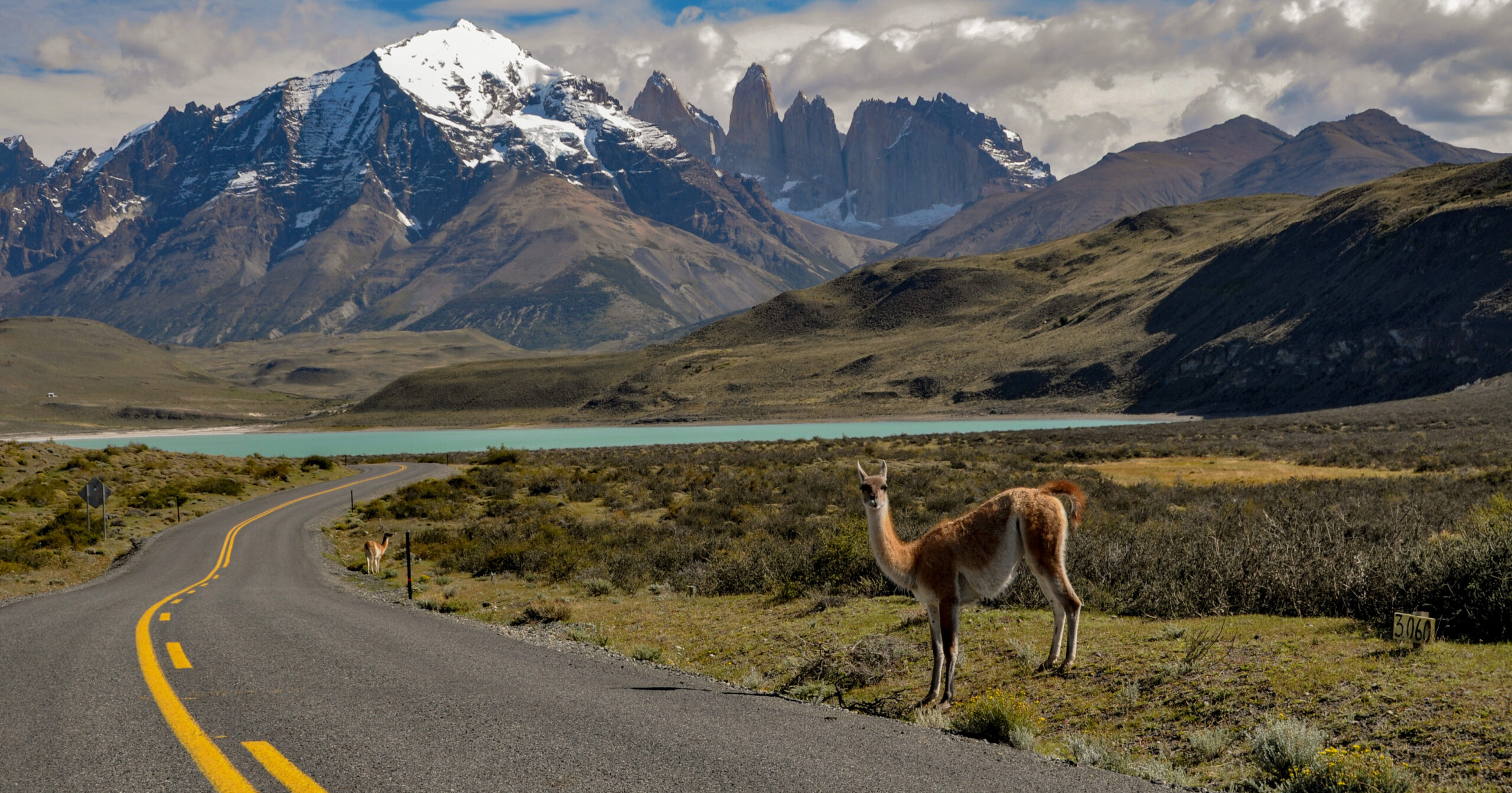
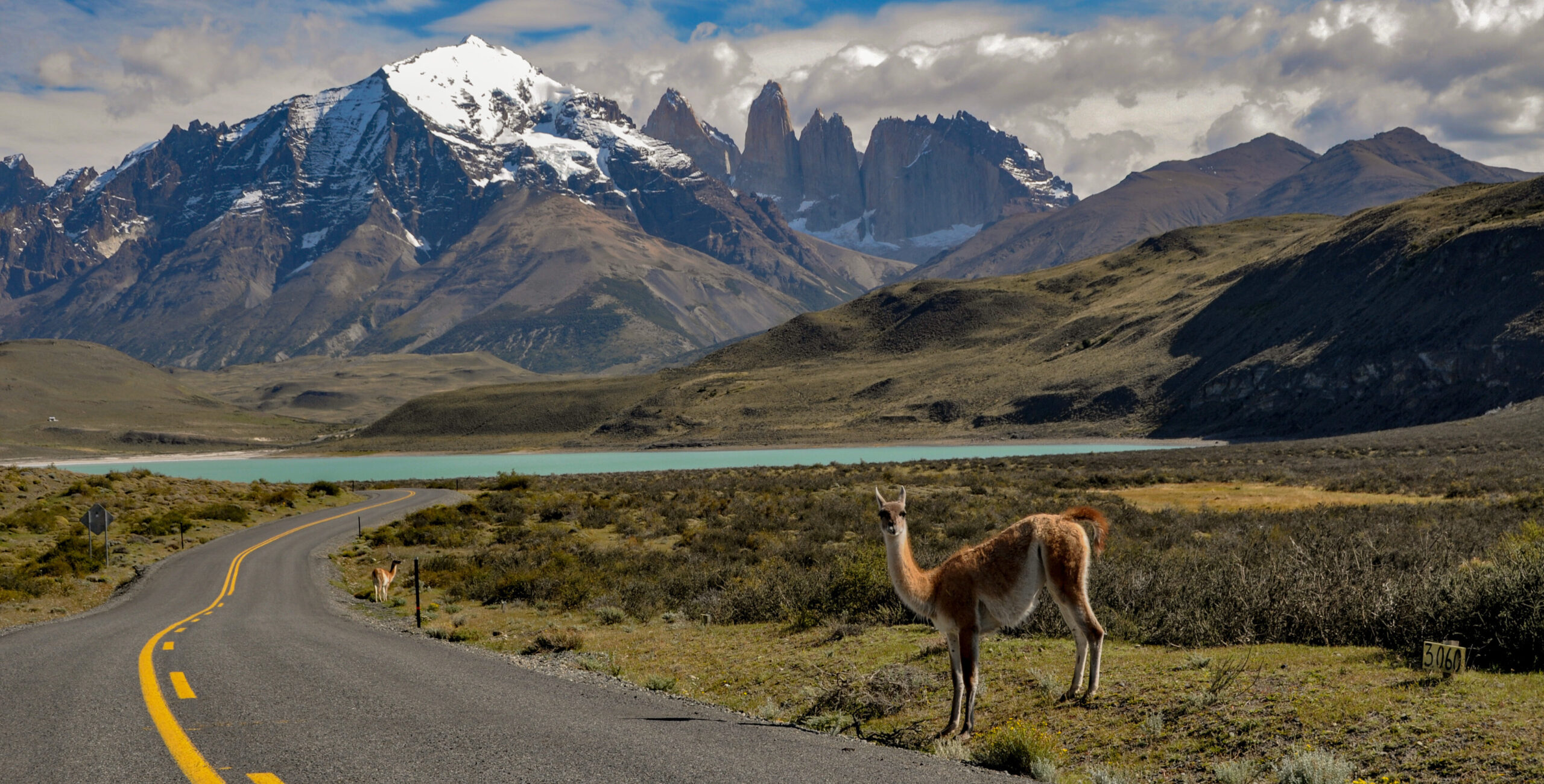
crecí con el miedo de perder a mis seres queridos si se enteraban de quién era yo realmente
Llevo cuatro años viviendo en Australia, y lo más difícil ha sido aprender a vivir sin ellos. El hecho de que no se hablara sobre lo que significaba ser queer afectó mi autoestima. No sé si afectó mi salud mental, pero al no sentir que era válido, que tenía valor quien yo era, me cuestionaba mi existencia y si las relaciones que tenía dependían de quién yo pretendía ser.
Obviamente, crecí con el miedo de perder a mis seres queridos si se enteraban de quién era yo realmente
estaba condicionado a acercarme sólo cuando estaba a punto de perderlo todo.
Crecer en una ciudad muy sexista, especialmente en una ciudad minera, afectó mi autoestima porque jamás conocí a nadie que fuera orgullosamente queer. Las personas que conocía eran víctimas de bullying, tenían muy baja autoestima o les iba muy mal en el colegio, y yo jamás me vi representado por nadie. Eso me hizo sentir que no pertenecía y me hizo dudar de las personas con quienes me rodeaba, porque no sabía si me querían por quien yo pretendía ser o por quien yo realmente era.
Cuando hablamos de acceso a la salud mental, creo que hay dos factores importantes a considerar. Uno es si las personas están dispuestas a pedir ayuda, y en mi caso personal, crecí rodeado de personas que quiero mucho, que en algún punto tuvieron dificultades. Estas personas siempre llegaban al límite para pedir ayuda, y eso me condicionó a tener el mismo comportamiento, es decir, no pedir ayuda en un principio, sino solo cuando ya estaba a punto de perderlo todo.
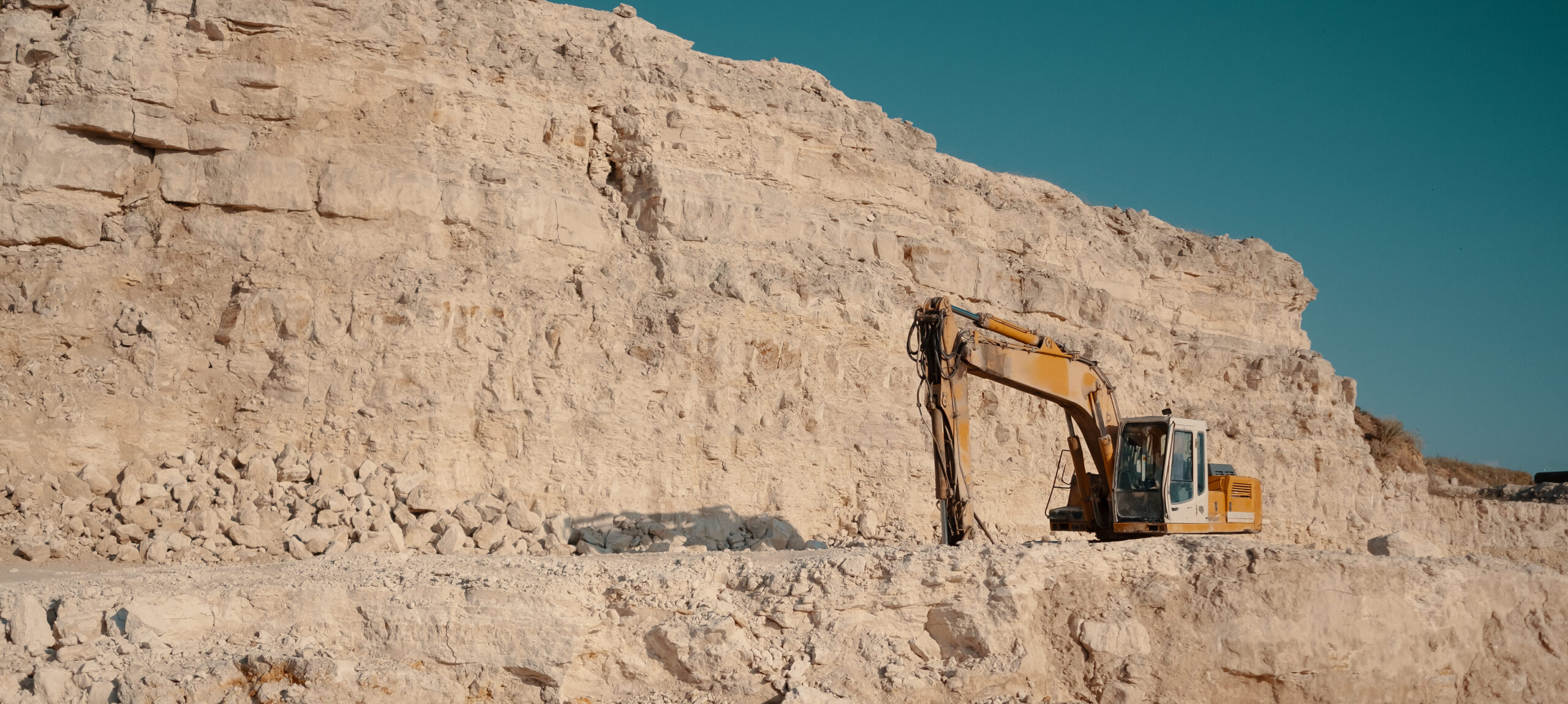
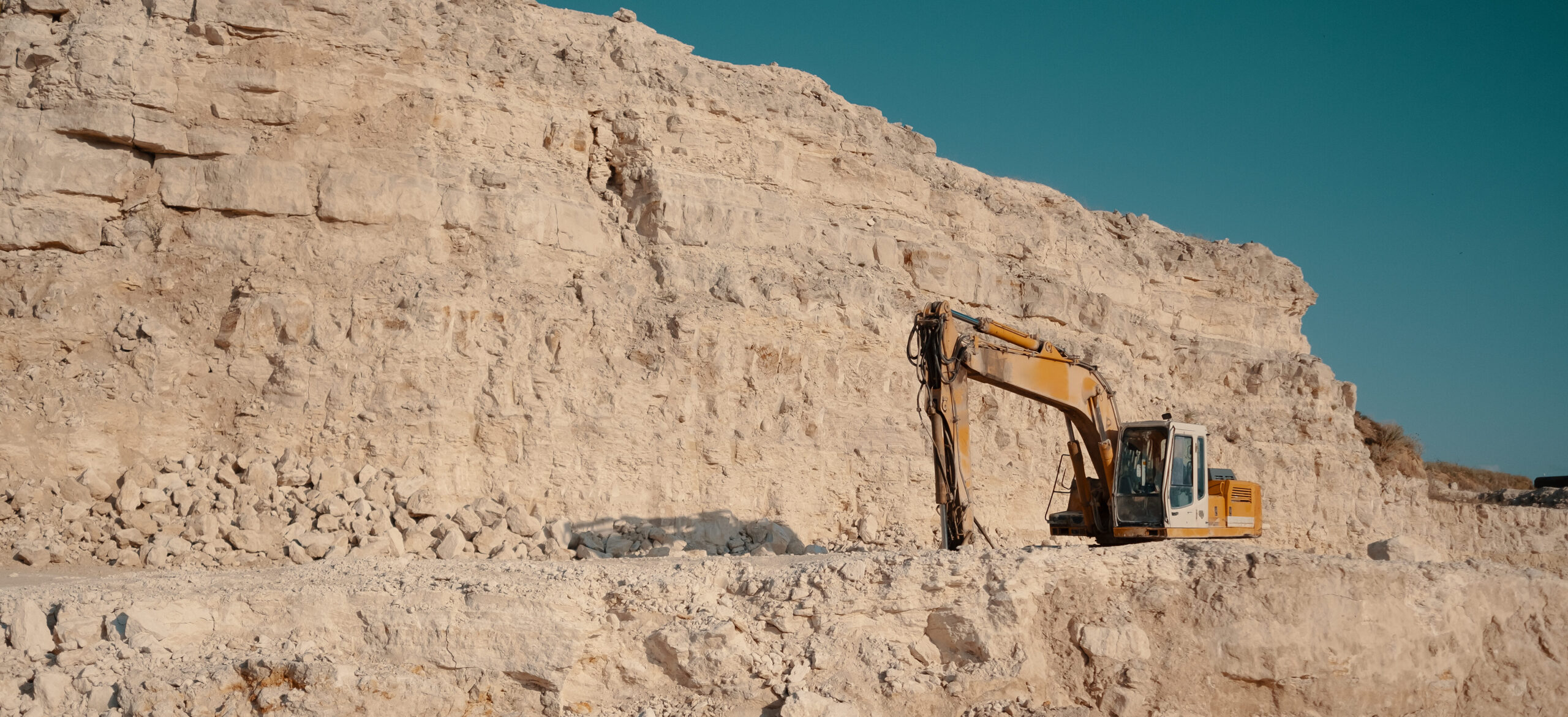
El otro factor que creo que afecta es el tema socioeconómico. En Chile, la salud mental, como la salud en general, es un negocio, y si no tienes acceso a buenos especialistas, lamentablemente, velar por tu salud mental no es una opción. Entonces, está el tema social, el tema económico, y creo que no solo en Chile, sino en toda Sudamérica, es un privilegio poder hablar de salud mental.
Las cosas culturales que traigo desde Latinoamérica que ayudan a mi salud mental son el sentido de la familia y la amistad. La forma en que nos relacionamos es muy cercana, es de piel, de abrazarnos, de tocarnos, de hablar mucho, y siento que eso me ayuda mucho en mi salud mental. Cada vez que lo necesito, puedo acudir a mis amigos, a mi familia, hablar por horas si es necesario, y eso es algo que no he visto aquí, y es algo que valoro mucho. Siempre puedo contar con mi familia o amigos para eso.
al principio, no notamos que nos estábamos metiendo en un culto
Dentro de las muchas cosas que mi familia hizo para mejorar nuestra salud mental, comenzamos a ir a un grupo de oraciones, que resultó ser un culto. Teníamos un guía espiritual que en verdad solo buscaba su bienestar financiero. Esta persona tenía mucho conocimiento y considero que me ayudó mucho. También vi cómo mi familia se beneficiaba de eso, y creo que por eso, al principio, no notamos que nos estábamos metiendo en un culto. Salir de ahí fue complicado porque te relacionas con gente muy vulnerable y creas lazos fuertes con personas que no quieres dejar de lado.
Me salí de ese culto porque sentí que me estaban discriminando por ser gay. Recuerdo que me dijeron que me podían “sanar,” y para mí esa fue la señal de alerta que me hizo darme cuenta de lo que estaba pasando. El hecho de haber estado en un culto no es algo fácil de expresar, porque me sentía un idiota por haber caído en esas redes, que están en todo el mundo. Sentirse víctima de eso y no haber sido lo suficientemente inteligente también afecta la autoestima.
Ahora puedo hablar de ello sin vergüenza, porque entiendo las circunstancias y por qué sucedió todo, pero empatizo mucho con la gente que pasa por cosas parecidas y estoy feliz de haber salido de eso.
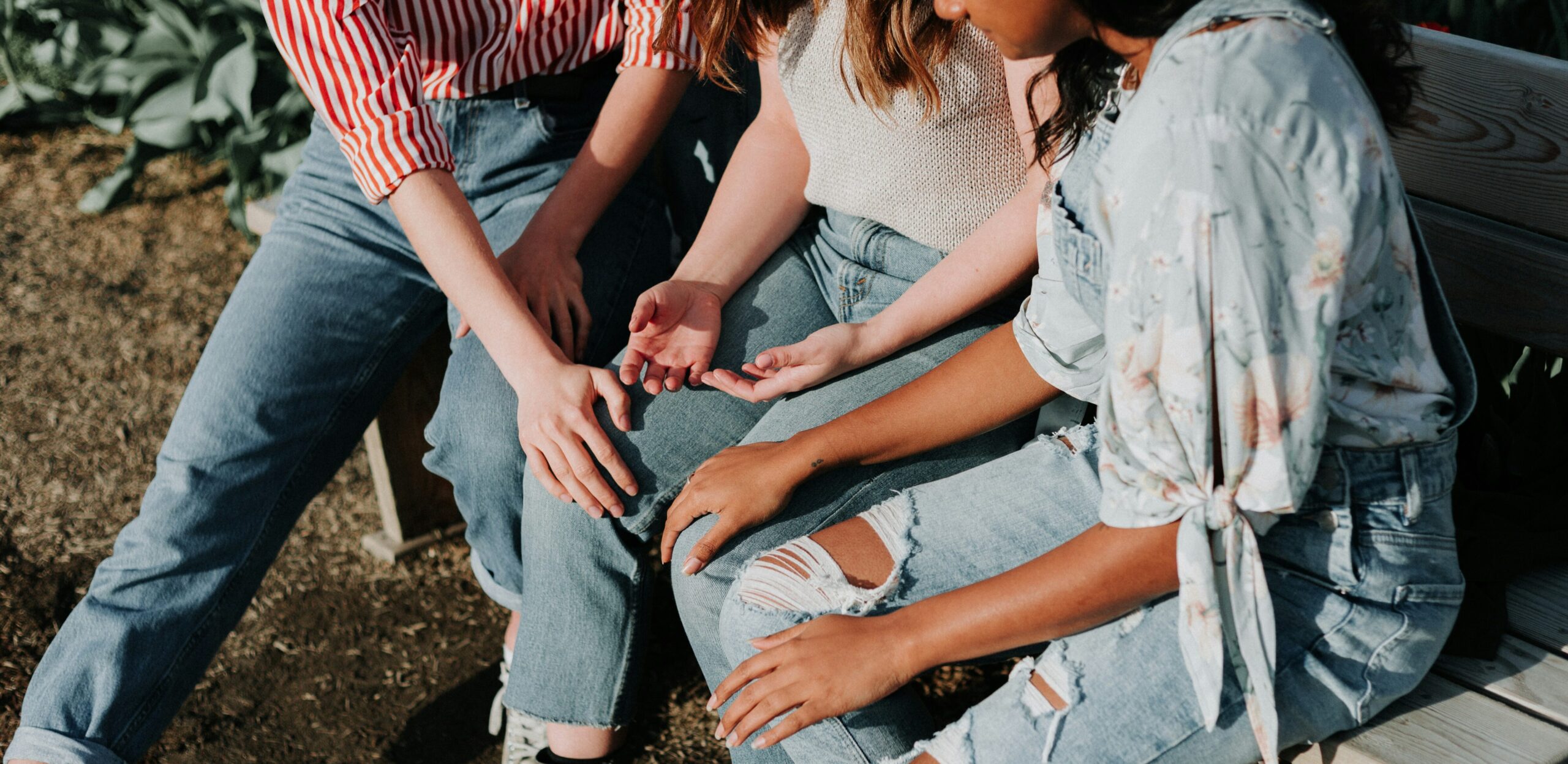
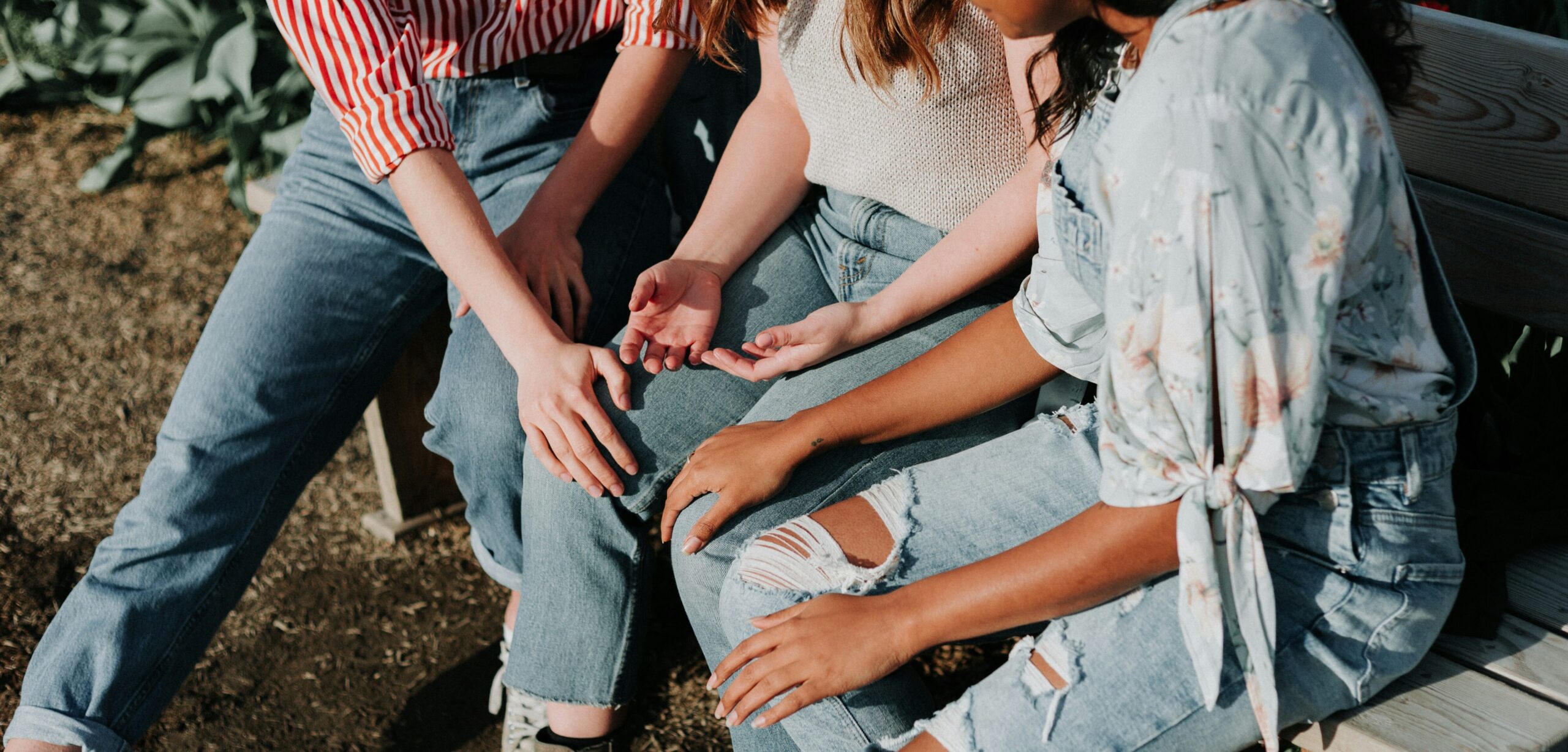
Cuando me diagnosticaron con VIH, fue la primera vez que acudí a un psicólogo aquí en Australia. Cuando me diagnosticaron con VIH, fue la primera vez que acudí a un psicólogo aquí en Australia. Este era un servicio que se daba en inglés y fue mi primera experiencia yendo al psicólogo en inglés. Si bien no me tuve que preocupar de los gastos ni del tema administrativo, sí me costó mucho hablar de lo que me estaba pasando en inglés. Sentí que era como si mucha de la energía que estaba invirtiendo en las sesiones era para poder explicar mi cultura, para poder expresarme de formas que creo que en español se me hace mucho más fácil.
Y sí, siento que me ayudó, pero también me faltaba esta parte como español de no tener que explicar cosas o de no preocuparme de cómo era esta palabra en inglés, sino que fuera como una conversación fluida. Aparte, el hecho de hablar en dos idiomas también afecta tu personalidad a veces. Yo soy un poco más frío en inglés que en español, y creo que es algo cultural que se arraiga al lenguaje, no sé.
español tiene muchas más palabras para expresar amor u otras emociones en comparación con el inglés
Cuando hablo en inglés, en un principio, mi inglés era bueno, más o menos, pero me costaba encontrar palabras. Una vez que me acostumbré a pensar o soñar en inglés, ya no sentía que fuera una barrera. Sin embargo, sí me encontré que era más difícil hablar de emociones.
Averiguando al respecto, me he dado cuenta de que el español tiene muchas más palabras para expresar amor u otras emociones en comparación con el inglés.
Obviamente, al traducir hay cosas que se pierden, y la traducción literal no siempre es la que aplica. En medio de una discusión o cuando estás abriendo tu corazón, no tienes el tiempo para hacer estas distinciones, y ahí es cuando estos desafíos comunicacionales se complican. Pero yo creo que con paciencia se puede arreglar.
Yo soy una persona que se mueve mucho. Soy muy calmado, pero tengo mucha energía y siempre estoy haciendo cosas. Me he dado cuenta de que estar activo ayuda a mi salud mental, especialmente cuando tengo momentos en los que estoy esperando una respuesta o estoy muy ansioso por algo. Lo único que me ayuda a pausar o calmar esos pensamientos es hacer actividad física. Y mi actividad favorita es andar en mi bici.
No recuerdo desde cuándo ando en bici, pero ha sido mi medio de transporte por muchos años, y es algo que realmente me ayuda a mantenerme presente, estar en contacto con la naturaleza, sentir el viento en mi cara. El tema de que te mueves, si dejas de moverte te caes en una bicicleta, es algo que mantengo en mi cabeza cuando estoy andando en bicicleta.
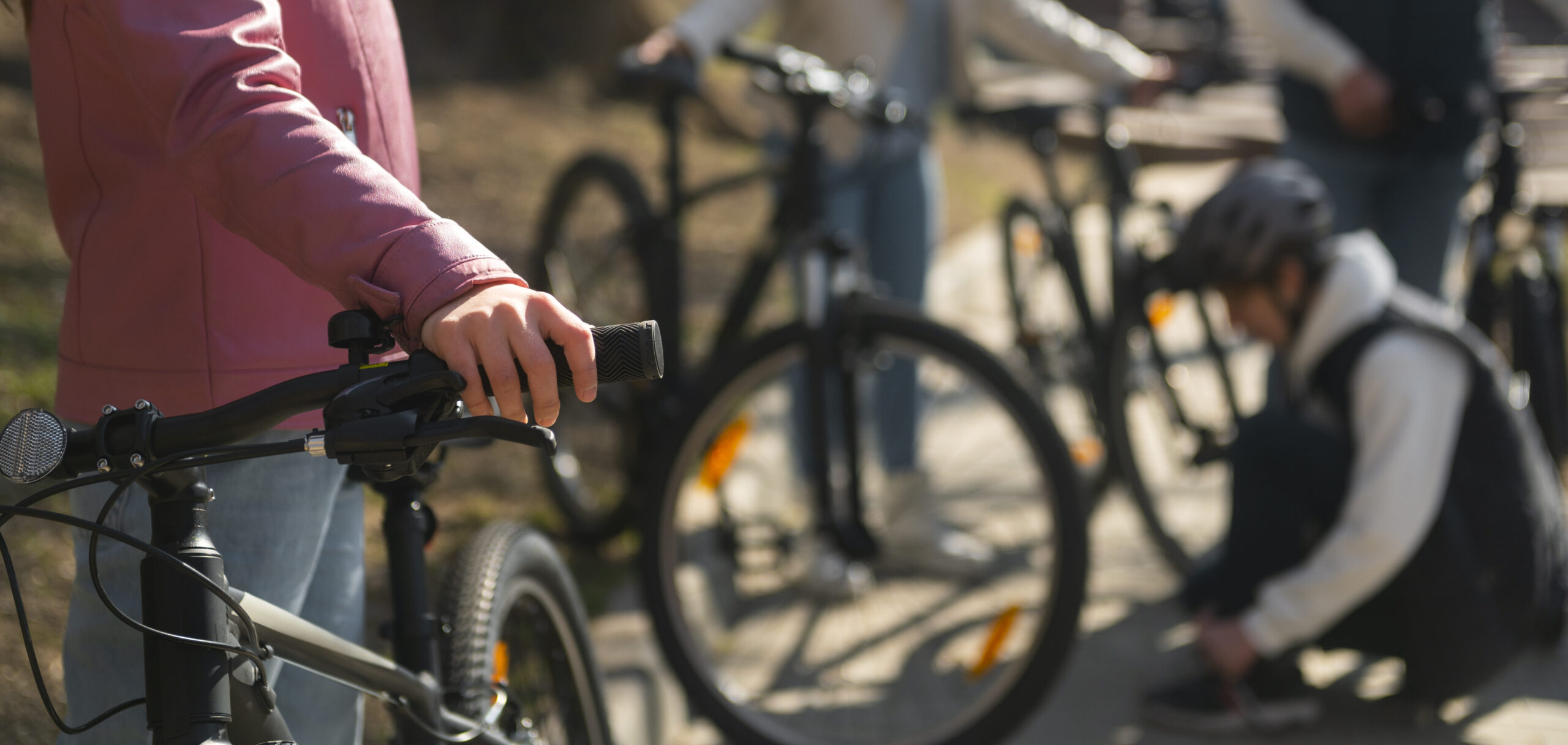
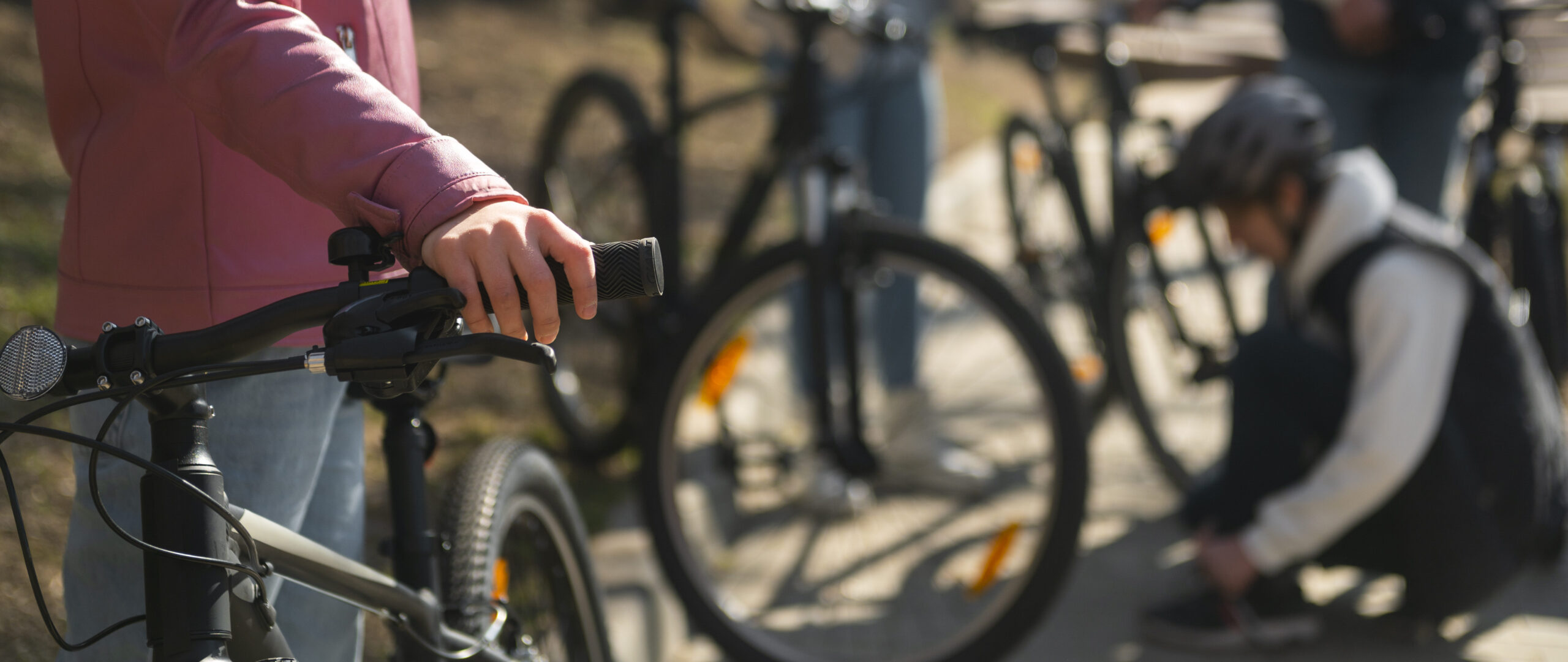
Hay otras actividades físicas que hago que también me ayudan, pero la bicicleta es algo que uso todos los días y tiene un impacto financiero, económico y ambiental. Me ayuda de muchas maneras, pero esencialmente, para mi salud mental, es el momento en que estoy conmigo mismo. Muchas veces me olvido de que estoy andando en bici, pero me ayuda mucho; no me imagino sin mi bici.
Otro aspecto que encuentro importante para la salud mental es nuestro ambiente social, con quiénes nos juntamos, quiénes nos escuchan, quiénes están en los momentos buenos y malos. He encontrado muchos amigos, personas que quiero y amo, en la comunidad queer. Estamos hoy en uno de mis bares favoritos aquí en Melbourne, que se llama Pride of Our Footscray. Me siento bienvenido en estos espacios porque son seguros, hay gente como yo y la música que me gusta.
Encontrar un lugar en el que puedes ir y encontrar gente como tú hace que no te sientas tan solo. Todos bailamos al unísono, aunque no conozcas a nadie. Por eso me gusta venir con amigos a lugares como este.
Lo que yo espero de mi salud mental es que siga igual de fuerte como siempre. Me caracterizo por ser una persona resiliente; cada vez que he enfrentado nuevos desafíos en la vida, he sorprendido positivamente a mí mismo con los resultados y espero que siga así. Sé que la vida no es fácil, que cosas malas van a pasar en el futuro, pero espero mantener una buena actitud.
Escuchar
